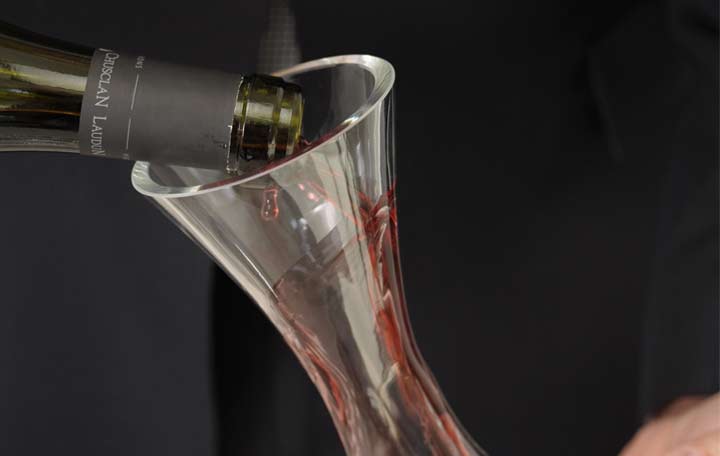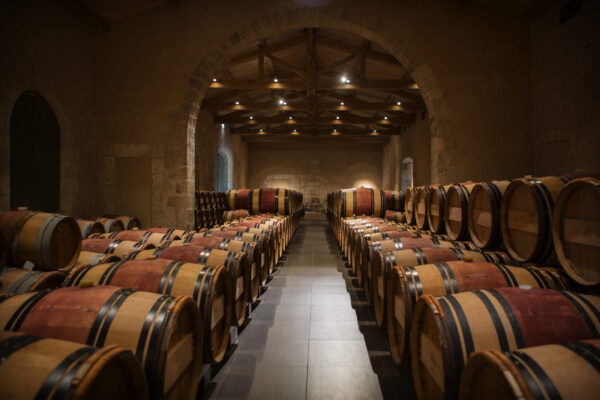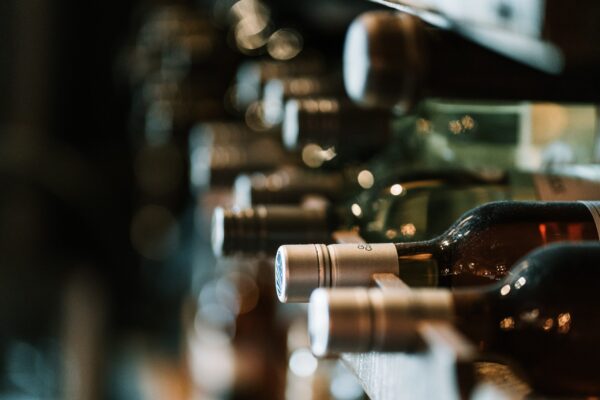Should wine be decanted?
The mention of wine generally conjures images of bottles and wine glasses. But another recipient plays an intermediary role that deserves our attention: the decanter. However, decanters should not be used in all circumstances and there are a few rules to ensure the taste of the wine is not impaired and that you get the most out of your tasting experience. Béatrice Dominé, the D-Vine oenologist, explains them for us.
First of all, contrary to popular belief, both white and red wines can be decanted. What counts is to decant only those wines that are suitable for such treatment.
When should wine be decanted?
The first criterion is the wine’s age: the younger the wine, the more it will benefit from decanting. Wherever possible, it is best to avoid decanting older wines.
In case of doubt, you may need to taste the wine. If the aromas are under-developed and the wine has no expression in the mouth, then it needs decanting. This will allow the wine to breathe and its aromas to develop.
The next decision is an important one. You must choose a decanter of suitable shape.
For optimal oxygenation, a very young wine should be decanted into a recipient with a wide base.

Aged wines, on the other hand, require a narrower decanter. If you need to lower the wine’s temperature, it is perfectly acceptable to place your decanter in the refrigerator, as long as you have enough space of course.
If you do so, make sure your wine is protected from smells that may be present inside the refrigerator. Decanter corks are available for this purpose, or you can cover the recipient with plastic film to protect its contents. Once the decanter is empty (after you have consumed the wine responsibly), make sure you clean it as soon as possible, especially if it has contained a very dark red wine, as this can stain the bottom of the recipient.
How to clean your decanter
To clean your decanter, it is best to avoid using washing-up liquid. Instead, wash it in very hot water, which should be enough to get your decanter sparkling like new again.
A few examples
- Gevrey-Chambertin 1996: although not particularly old, this wine is approaching twenty years of age and therefore should not be decanted.
- Côte-Rotie 2005: this powerful wine has a few years behind it and should be tasted to decide whether or not it needs decanting.
- Vacqueyras 2010: without hesitation, this young wine will definitely benefit from being decanted.



